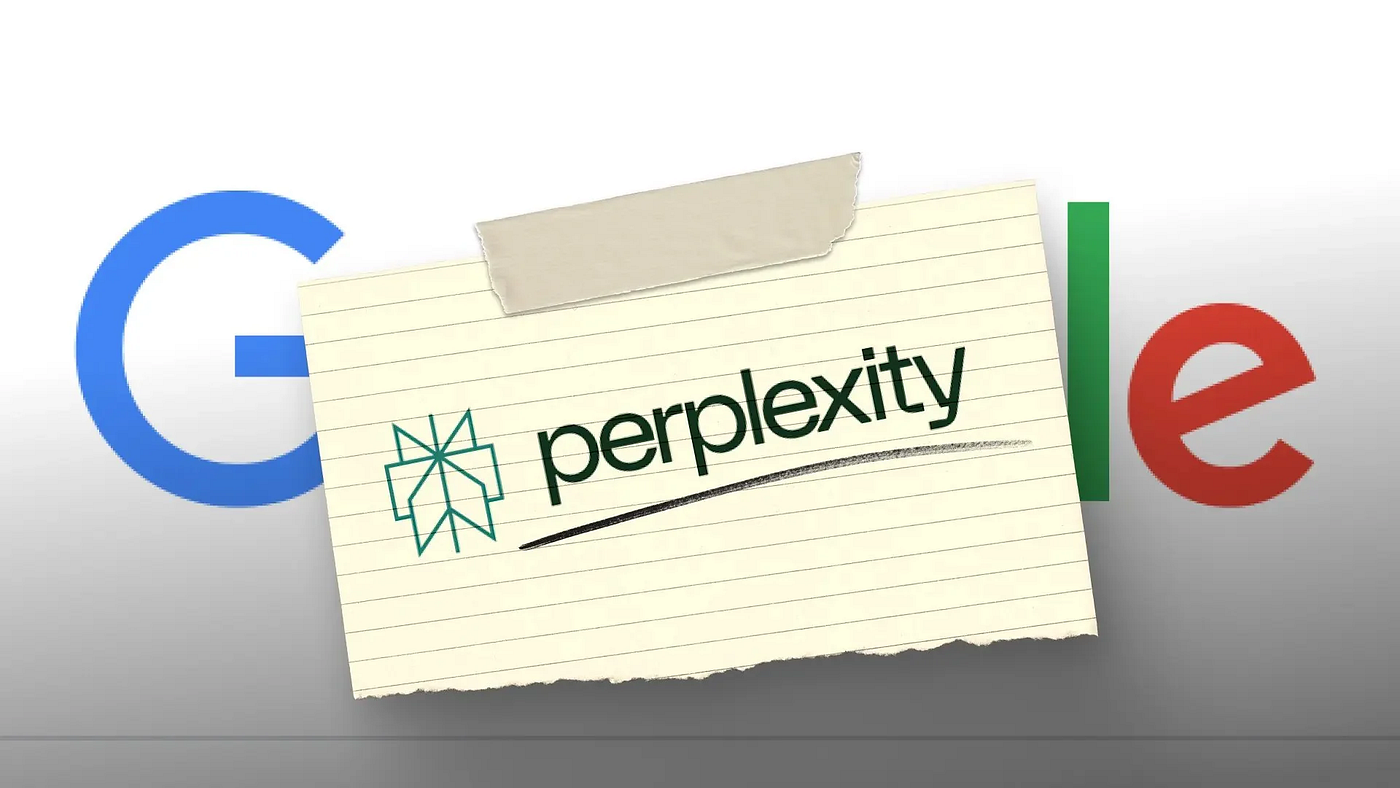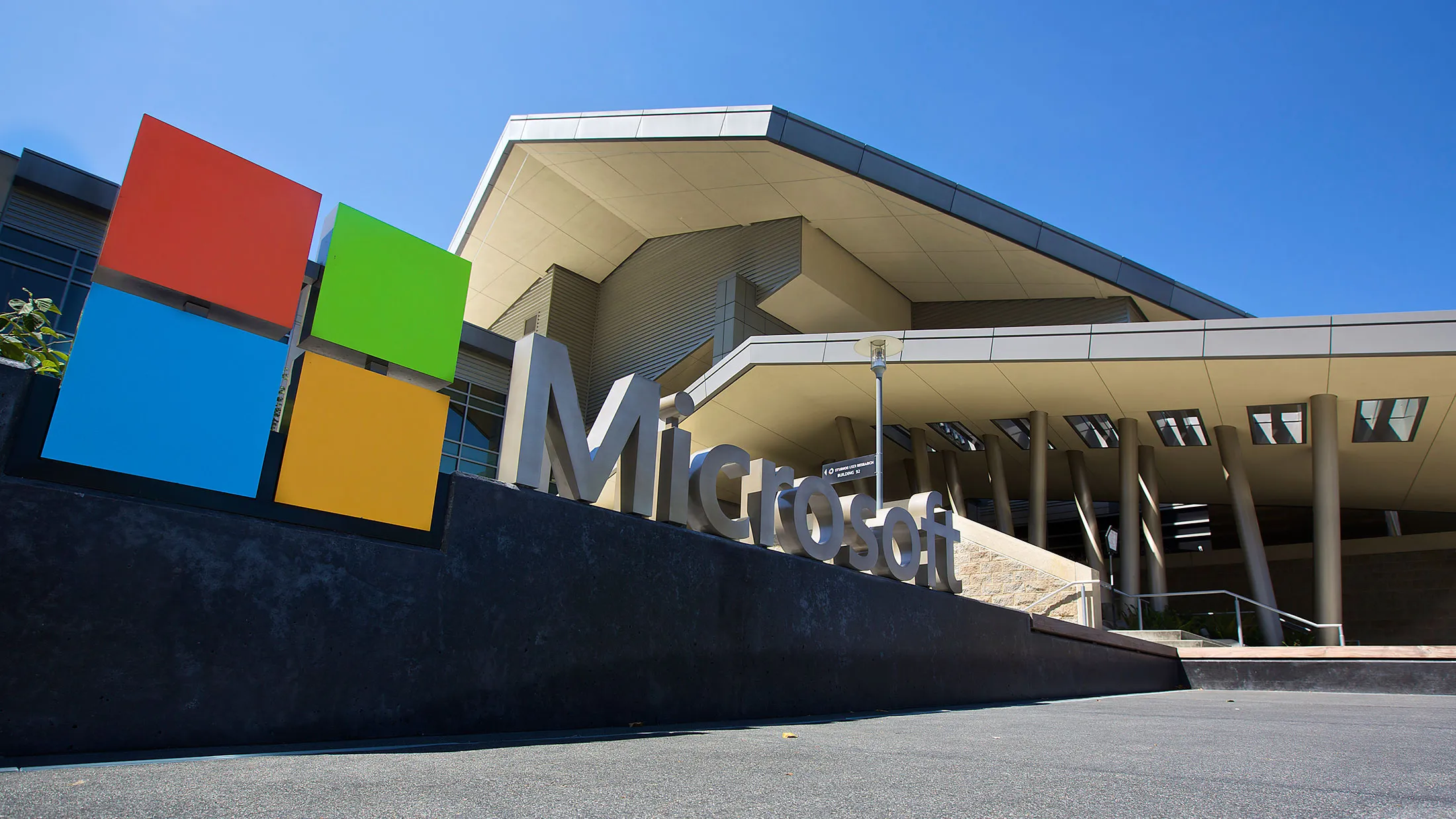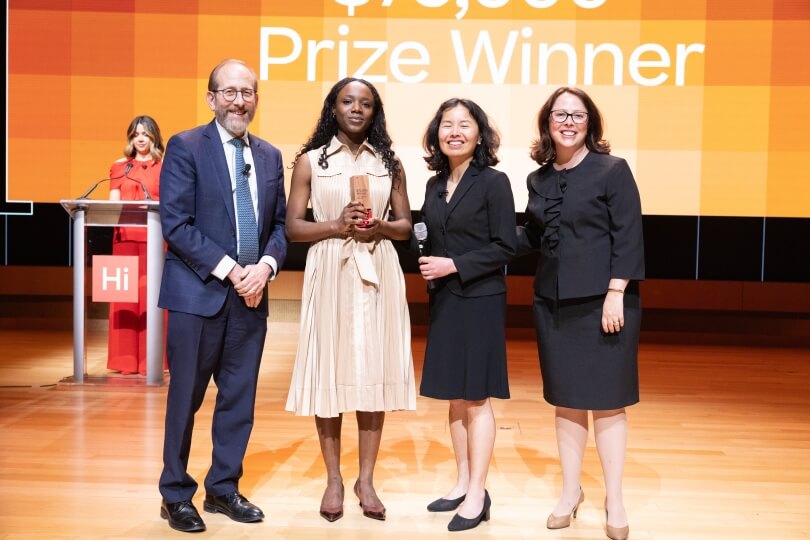In the bustling heart of Silicon Valley, where algorithms danced like fireflies in the night and venture capital flowed like endless coffee, Aravind Srinivas paced the minimalist office of Perplexity AI. It was late 2024, and the startup he’d co-founded was riding high on the waves of AI innovation. Perplexity wasn’t just another search engine; it was a conversational wizard, answering queries with uncanny precision, outpacing giants in user satisfaction. But Aravind dreamed bigger. Much bigger.
One evening, as antitrust clouds gathered over Google—following a landmark ruling that deemed the tech behemoth a monopoly—Aravind gathered his team. “What if,” he proposed, eyes gleaming under the glow of multiple screens, “we bought Chrome?” The room fell silent. Google Chrome, the browser that powered over 60% of the world’s internet traffic, was no small prize. It was the gateway to the web, a fortress of data and dominance. But with regulators breathing down Google’s neck, forcing potential divestitures, the impossible seemed… plausible.
The team dove in. Late nights turned into strategy sessions. Perplexity, valued at around $3 billion itself, would need to punch way above its weight. They crunched numbers: Chrome’s ad revenue streams, its open-source Chromium core, the synergies with Perplexity’s AI search. “We’ll keep Chromium open-source,” Aravind declared, “invest $3 billion over two years, and integrate our AI seamlessly. No forced changes—just evolution.” The bid crystallized: $34.5 billion, an unsolicited offer that screamed audacity.
On August 12, 2025, the news broke like a digital thunderclap. Perplexity’s letter landed on Google’s desks, courtesy of The Wall Street Journal’s scoop. Headlines exploded: “AI Upstart Bids for Browser Empire!” Wall Street analysts chuckled at first—$34.5 billion seemed low for a browser woven into Google’s fabric, especially amid antitrust uncertainties. Skeptics on Reddit and financial forums debated: Was this a publicity stunt? A genuine play? Or a clever hedge against Google’s potential forced sale?
Google’s executives, in their Mountain View lair, stared at the offer. Sundar Pichai reportedly raised an eyebrow. Chrome wasn’t just software; it was the linchpin of their ecosystem, funneling users to Search, YouTube, and beyond. Selling it? Unthinkable. Yet, with the DOJ’s antitrust ruling looming—potentially mandating divestitures to curb monopoly power—the bid added fuel to the fire.
Back at Perplexity, the team watched the world react. Social media buzzed with memes: Perplexity as David slinging at Goliath’s browser. Investors whispered about funding the deal—perhaps through partnerships or bold loans. Aravind fielded calls from journalists, emphasizing the vision: “Imagine a browser powered by unbiased AI, free from ad-driven biases. That’s the future we’re bidding on.”
As days turned into speculation-filled weeks, the bid hung in the air like a daring kite. Would Google accept? Unlikely, analysts said. But in the cutthroat arena of tech, stranger things had happened. Perplexity’s move wasn’t just about acquisition; it was a statement. In an era where AI startups challenged entrenched titans, this bid marked a turning point—a reminder that innovation could rewrite the rules, one browser tab at a time.
And so, the story of Perplexity’s longshot offer unfolded, a tale of ambition in the age of AI, where even the mightiest empires could face an unexpected challenger.




